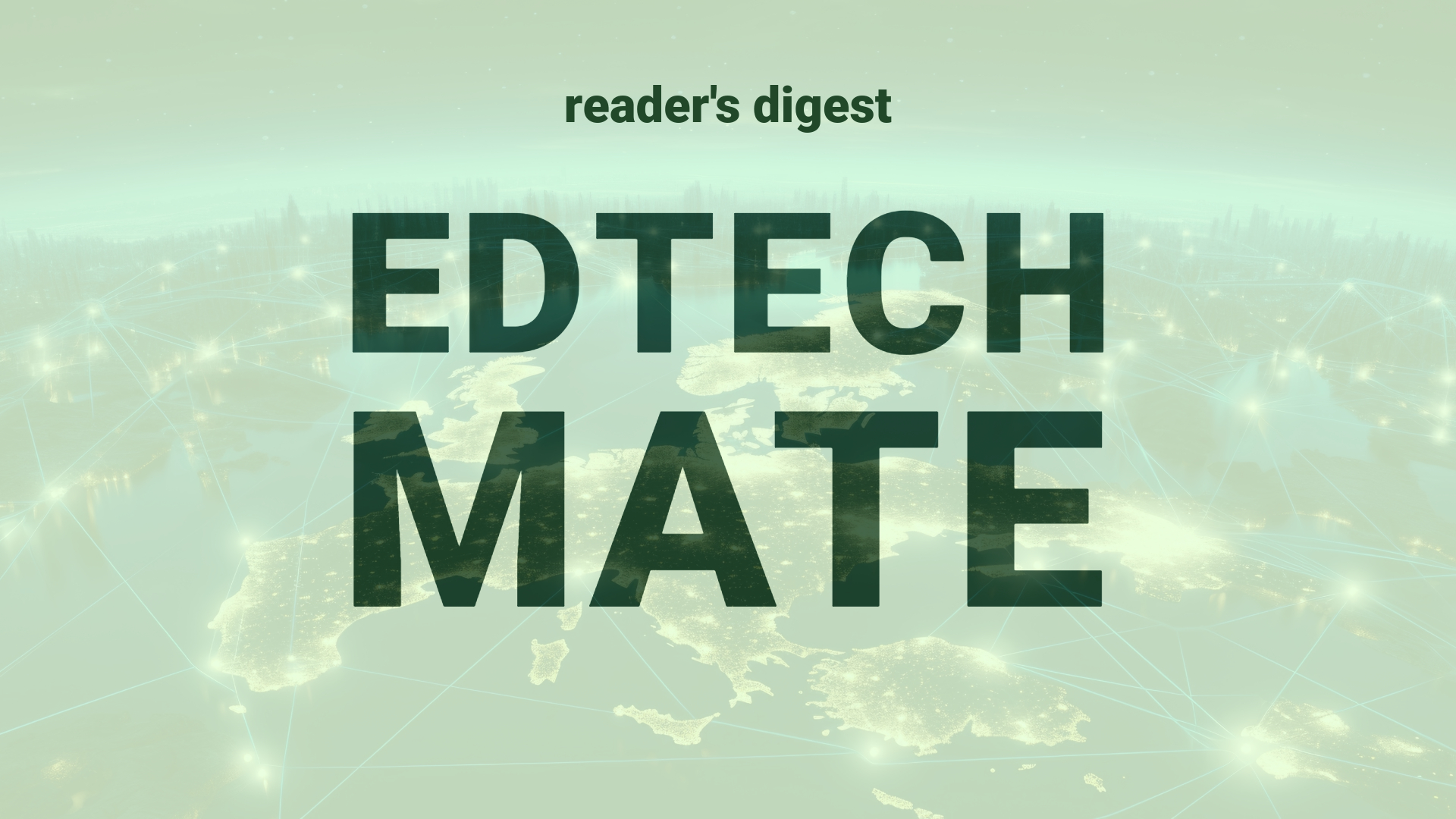Executive Summary and Main Points
Recent developments in the healthcare industry signal a pivotal shift towards consumer-centricity, driven by trends in digital adoption, data utilization, and modern care models. These advancements reveal a pressing opportunity for healthcare providers to enrich the end-to-end consumer journey and leverage digital tools to enhance the overarching healthcare experience. As organizations navigate these trends, they are positioned to strengthen their competitive edge, achieve greater satisfaction, and deliver more personalized care.
Potential Impact in the Education Sector
In the realm of Further and Higher Education, similar impulses towards consumer-centric digital transformation hold significant promise. The adoption of personalized digital tools, like AI-assisted platforms and e-health records, can enhance student engagement and support personalized learning pathways. Within the sphere of Micro-credentials, strategic partnerships could be formed between healthcare providers and educational institutions to deliver targeted wellness programs and services, fostering a more holistic approach to student health and well-being.
Potential Applicability in the Education Sector
Innovative applications of AI and digital solutions, inspired by healthcare’s transformation, could revolutionize global education systems. Predictive analytics could foster tailored academic and wellness support, while integrating digital health tools with campus life could significantly improve students’ well-being. As global education systems embrace these tech-driven strategies, they can offer more nuanced and responsive services to the diverse needs of their international constituencies.
Criticism and Potential Shortfalls
Despite the potential benefits, one must critically consider the ethical, privacy, and cultural implications inherent in digital data usage and AI. The increased dependence on such technologies may expose educational institutions to risks associated with data breaches and biased AI outputs. Moreover, the assumption that all students have equitable access to these technologies may exacerbate existing disparities. Comparative case studies from various international contexts can help anticipate these challenges and inform better implementation practices.
Actionable Recommendations
International education leaders should proactively integrate relevant digital and AI technologies into their strategic initiatives. Steps include investing in secure data analytics capabilities, developing AI-driven personalization for academic and wellness support, and fostering industry partnerships for multifaceted wellness integration. To ensure successful adoption, comprehensive change management, and stakeholder engagement strategies must accompany these tech initiatives, duly considering the unique needs and concerns of diverse global student populations.
Source article: https://www.mckinsey.com/industries/healthcare/our-insights/consumers-rule-driving-healthcare-growth-with-a-consumer-led-strategy

